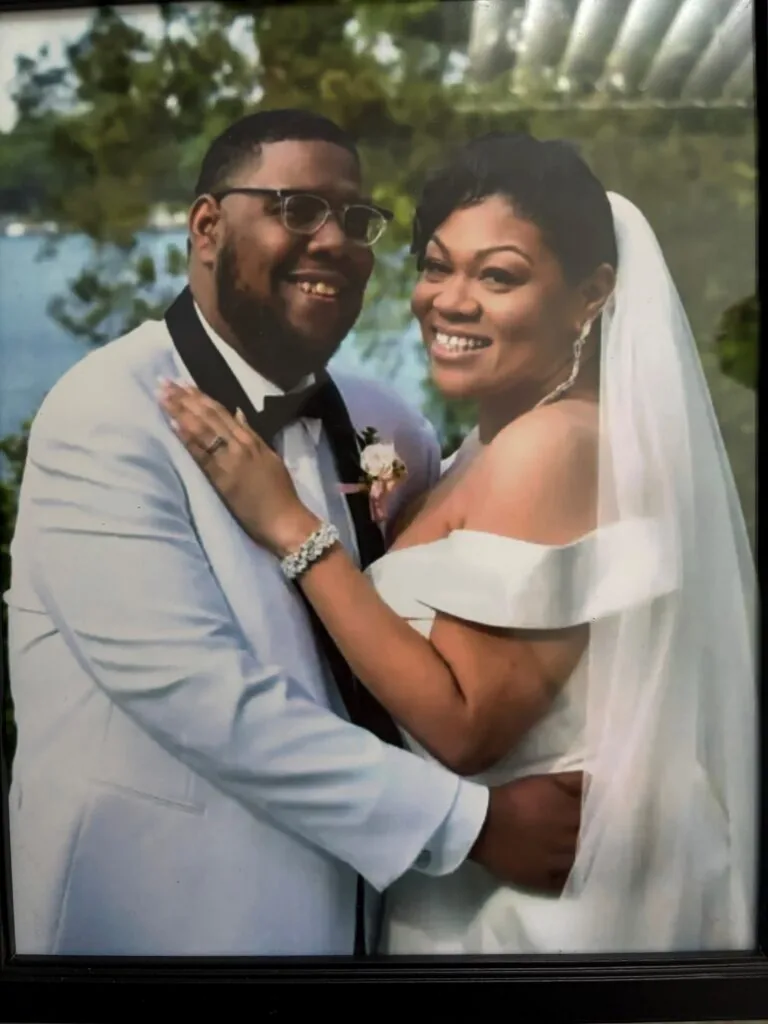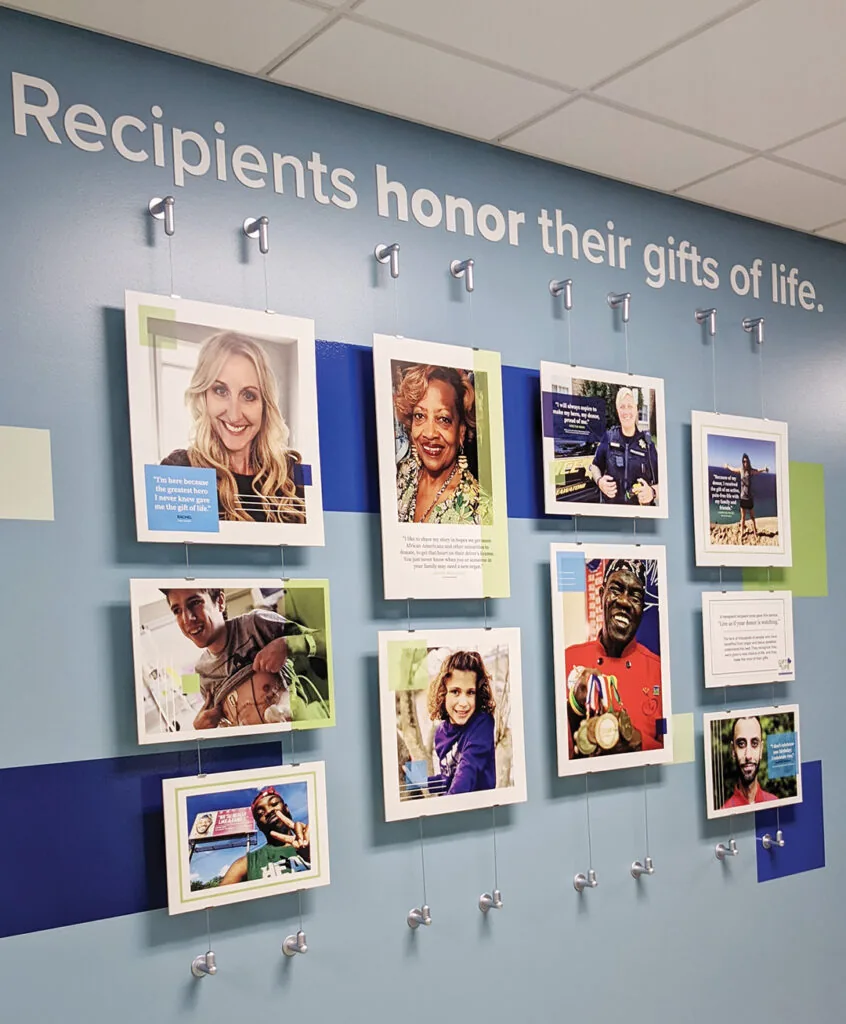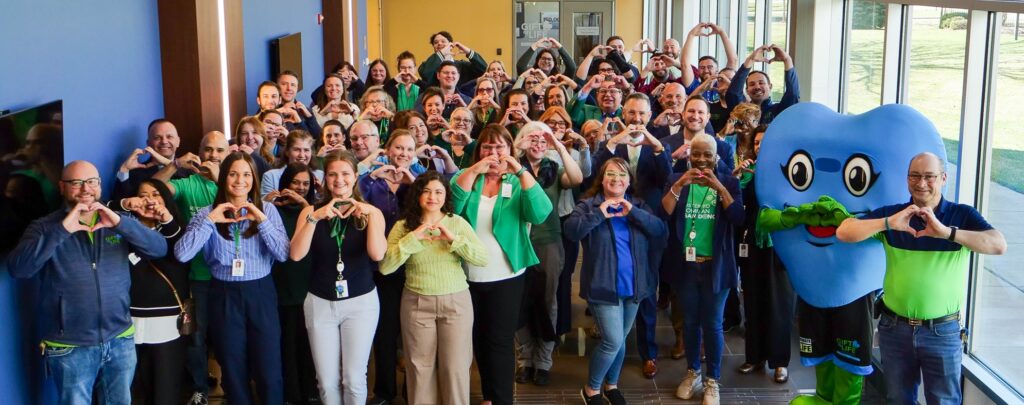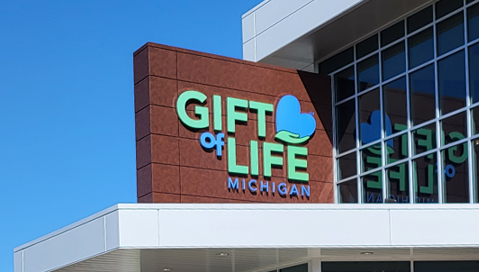Heart recipient offers hope to young patients
Katy Rozman has a message for young transplant recipients or young people waiting for a new life-saving organ: you are not alone. 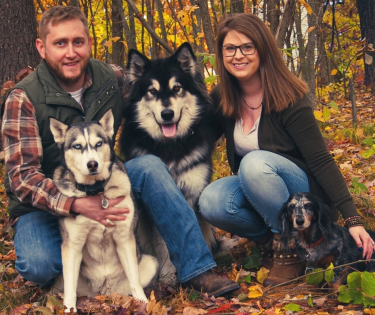
“Sometimes all we need is someone to relate to and I don’t always think that’s available – especially for transplant kids,” she said.
She should know. Now 31, Rozman has had heart troubles for as long as she can remember. The Gowen resident has had three heart transplants in her life; the third, in November 2019, also required a donated kidney.
“It’s extremely important for me to share my story so people can understand the importance of organ donation,” she said. “It’s not talked about enough and I want to do everything I can to speak positively about it and how you can change and save lives becoming an organ donor.”
April 18-24 is National Pediatric Transplant Week, part of National Donate Life Month that focuses on the needs of pediatric transplant patients and celebrates their stories. Currently, there are more than 1,900 children under the age of 18 on the national transplant waiting list. More than 500 of the children waiting for transplant are between 1 and 5 years old. Last year, more than 1,700 children received transplants.
Rozman knows what that is like. She was born with restrictive cardiomyopathy, but it took years for her to get that diagnosis. She said she was always thin and cold, but her parents and doctors did not think anything was seriously wrong.
“They just thought I was a petite girl,” she said. “I couldn’t run at recess or anything and it seems like that would raise red flags, but my doctor never suspected anything.”
When she was 7 years old, she had a stroke in her parents’ kitchen. Her left side went numb; her face drooped. She slurred her words. Her parents rushed her to the hospital where, after days of testing, doctors discovered her heart condition. After they treated it, she was placed on the transplant waiting list. About two years later, the family got the call: a donor heart had been gifted to her. She was 9 years old.
About a year later, she developed non-Hodgkin’s lymphoma, which required six rounds of chemotherapy and surgery to treat. She has since been cancer-free, but her heart troubles continued. About 10 years later, she started getting sicker due to coronary heart disease in her transplanted heart. She was again placed on the transplant waiting list.
Her symptoms worsened on a trip to Las Vegas; they were so severe that when she returned to Michigan she was taken by ambulance from the airport directly to the hospital and told she would have to stay until a new heart was donated. She was there for 21 days. Her second transplant, on Feb. 1, 2011, allowed her to lead a more normal life and accomplish some of her goals.
“Things were great. I was feeling amazing,” Rozman said. “I was working full time; I went to college. I was the only graduate who worked and went to school full-time.”
Sadly, her biggest challenge was yet to come. Her degree was in radiology and she had just started a hospital internship when she fell ill again. This time, it was a strain of the flu that became so severe she landed in the hospital again. She suffered two full cardiac arrests and, while doctors were able to save her life, the attacks damaged both her heart and her kidneys. She lost all her memories. She was placed on dialysis for about seven months, until her kidneys healed. Doctors told her, however, that they didn’t think her kidneys would be strong enough to handle the strain of another heart transplant so she was placed on the list for a third time, this time for a heart and kidneys. She was listed for longer than she realized, she said. The third call came in September of 2019.
More than a year later, her health issues have settled down. She and her husband enjoy camping and hanging out with their seven pets – three dogs and four birds. Rozman said she shares her story every chance she gets to encourage people to sign up on the Organ Donor Registry.
“I bring it up. I share posts. I share my journey,” she said. “I just tell people: think of your loved ones. If they were ever to get sick, or if you were ever to get sick and need an organ, if you’re willing to accept an organ for your health or the health of your family members, you should also be willing to be on that donor list. It’s probably the most selfless thing you will ever do is sign up on the organ donor registry.”


